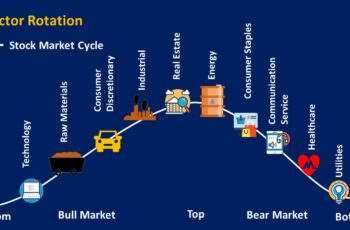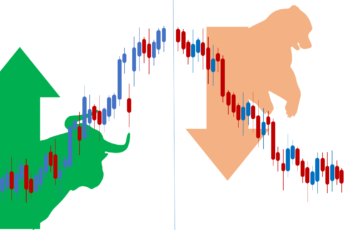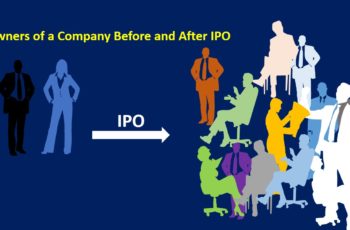What is a SPAC? SPAC stands for Special Purpose Acquisition Company. It is a shell company with the main purpose of acquiring a private company to take it to the public or going to the secondary stock market.
A SPAC is also known as a blank-check company because it has no asset, product, or service. Its main purpose is to raise money to acquire another private company.
A Special Purpose Acquisition Company is designed to shorten the process of going public instead of going through an Initial Public Offering (IPO).
Going public through an IPO is costly from a time and financial perspective. It takes about 1.5 years, and a percentage of stock sales as a commission that an underwriter or underwriters take.
Now keep reading. This article explains the Special Purpose Acquisition Company process, benefits, and reasons to invest or not invest in SPACs.
What Is a SPAC Process?
Going public through a blank-check company is not a straight way. Time and founders’ effort and intelligence are required for a successful Special Purpose Acquisition Company.
Here are the general steps required for a this type of shell company to go public.
1. Founding a Blank-Check Company
SPAC starts with an idea in the mind of well-known investor/s known as the management team or sponsors.
The management team found a SPAC without employees, products, or services. They keep about 20% of the company ($0.01 for each unit) for their efforts to promote, research, and find a private company to merge with in the future.
2. Promotion of the SPAC
The founding team or the founder starts promoting his blank-check company to investors. Founders promise to research deeply and find a good company to increase investors’ return on investment.
Convinced investors buy each unit (a share of a SPAC is also known as a unit) at $10 and a warrant. A warrant is an option that allows holders to buy at a fixed price in the future. Later, if the stock price is higher than the warrant, investors will exercise their warrants otherwise will turn them down.
3. Filing SPAC for Going Public
Because a Special Purpose Acquisition Company is a blank-check company, it has no record to investigate or audit. Having nothing helps a SPAC to go public in about two months compared to a standard IPO which takes 1.5 years.
4. Looking For a Private Company to Acquire
The fund founders raised in step two is put in a trust in case they fail to acquire a company.
Sponsors have about two years to find a company and merge it with the blank-check company. If fails, the money in the trust fund will be returned to initial investors known as de-SPAC.
5. Going Public
If the founder of a SPAC finds a company, he merges the blank-check company with the private company and goes Public.
The initial investors in this step have the option to stay in the new company or cash out if did not like it.
Benefits of Going Public through SPAC
Special Purpose Acquisition Company benefits both the private company and the sponsors of the shell company.
Sponsors of a SPAC benefit because of owning shares of the company at a low price.
For a private company going public through SPAC has many benefits, and some of them are the followings:
1. It Is a Faster Way to Go Public
With a SPAC a private company can go public faster than the standard IPO process.
Through a traditional IPO, planning, underwriting by an investment bank, scrutiny of the company and executives, financials, pieces of advice, and marketing takes about 1.5 years. However, through this type of blank-check company, a private company can go public in two months.
2. Certainty Is Higher to Go Public
The certainty of going public through SPAC is much higher than traditional IPO because negotiation and some paperwork are enough to complete the deal.
Moreover, the fund that a private company needs is ready in a trust fund or as bonds.
Furthermore, the valuation of a private company also fluctuates as the stock market in the secondary market does. So, a standard method may not be a good option to go public.
3. The Cost Is Low to Go Public Through a SPAC
Going through the traditional IPO process has marketing, executives’ time, underwriting costs, etc. Specifically, the underwriting cost is huge which could be from 3% to 7% of raised capital.
However, through SPAC underwriting costs do not exist, and some other costs are eliminated or minimized, such as marketing.
4. The New Company Can Benefit from Sponsors’ Expertise
The management team of a SPAC can bring expertise and value to the new company. Generally, sponsors look for private companies, they think can take it to a higher level.
The following infographic shows the benefits of going public through a SPAC.






